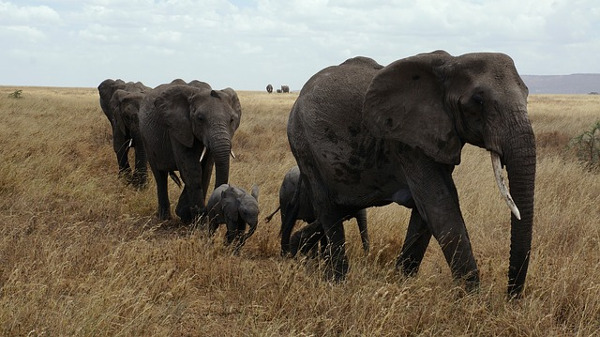
In his 1984 book Scaling, Duke University physiologist Knut Schmidt-Nielsen points out a pleasing coincidence:
A 30-gram mouse that breathes at a rate of 150 times per minute will breathe about 200 million times during its 3-year life; a 5-ton elephant that breathes at the rate of 6 times per minute will take approximately the same number of breaths during its 40-year lifespan. The heart of the mouse, ticking away at 600 beats per minute, will give the mouse some 800 million heartbeats in its lifetime. The elephant, with its heart beating 30 times per minute, is awarded the same number of heartbeats during its life.
In fact, most mammals have roughly the same number of heartbeats per lifetime, about 109. Small mammals have high metabolic rates and short lives; large ones have low rates and long lives. Humans are lucky: “We live several times as long as our body size suggests we should.”
